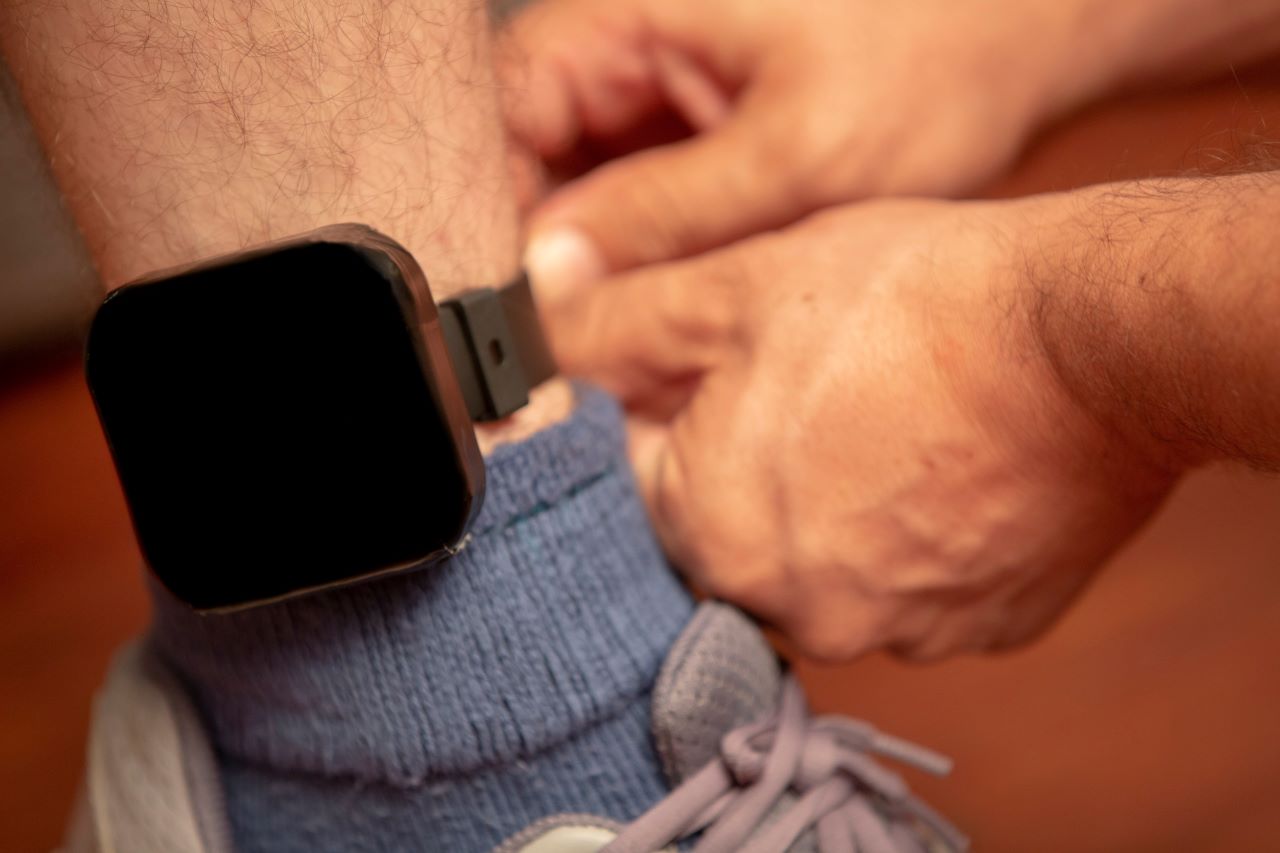Introduction
Being convicted of a drink driving charge can potentially have devastating consequences for both you and your family. It begins with a loss of your driver’s licence. For some people that is merely an inconvenience, however for others -who rely on their licence to maintain their employment- it can be a disaster. It can lead to loss of employment and that, in turn, can have flow on consequences such as losing a house, increased stress and anxiety and relationship problems.
If you have been charged with a drink driving offence, before deciding to plead guilty it is very important to consider whether you might have a defence open to you. There is a whole range of ways in which a defence can be mounted against a drink driving charge. Below are some of the more common defences to the most common type of drink driving charge.
Disclaimer
The defences described in this article are only a sample of some of the ways in which a PCA charge can be defended. There are many others. In addition, the law is very complex. It is not possible to fully describe a defence in a few lines. Therefore, the descriptions of defences provided here are merely simplified summaries and should not be relied upon in place of competent legal advice.
Types of Drink Driving Charges
When most people talk about drink driving charges, they usually refer to them either as “drink driving” or “DUI”. In fact, there are two (2) different types of drink driving charges. These are PCA (“Prescribed Concentration of Alcohol”) charges and DUI (“Driving Under the Influence”) charges. PCA charges are by far the most common types of drink driving charges. They involve allegations that a person drove with a particular blood alcohol concentration reading. There are five (5) different sub categories of PCA Charges as follows: novice range, special range, low range, mid range and high range PCA’s. The level of alcohol concentration required for each of these ranges is different. However what they all have in common is that a conviction for any of them leads to an automatic loss of licence.The defences described below can (in appropriate circumstances) apply to any of these categories of PCA charges.
Challenging the Reading
The reading produced by the breath analysis conducted by police is not always representative of the driver’s true blood alcohol concentration at the time of driving. Sometimes, with the help of expert pharmacologists, it is possible to establish that the reading alleged by police is higher than the true reading of the driver at the time of driving and that the true reading was either below the limit or, at least, in a less serious category of a PCA offence.
Honest and Reasonable Mistake
Many people are surprised when they first learn that if a driver honestly and reasonably believed that they were under the limit at the time they drove then they are not guilty of a PCA offence even if, in reality, they were in fact over the limit. This defence is not as simple as it sounds. Raising this defence can be very tricky, particularly when it comes to convincing the court that any mistake made by the driver was a reasonable one. However, it is certainly a defence worth bearing in mind and discussing with a competent lawyer.
The Two (2) Hour Rule
The law provides that police must conduct a breath analysis within two (2) hours of driving. Otherwise, the police may not be able to rely on the result of the breath analysis in court. This means that if the police cannot prove that the breath analysis was conducted within two (2) hours of driving, that may provide a defence to a PCA charge.
Home Safe Rule
The law says that it is illegal for police to conduct a breath test at a person’s home. Consequently, if a driver was breath tested whilst on their property, it can be argued before a court that the reading produced by the breath analysis cannot be used in court against the driver.
Speak to Us
If you have been charged with a drink driving offence, speak to one of our expert criminal and traffic lawyers about your particular circumstances. Your first consolation with us is free if you choose not to proceed with us so you have nothing to lose by talking to us, and it may end up saving you a great deal.
Michal Mantaj,
Conditsis Lawyers
Accredited Specialist, Criminal Law
(02) 4324 5688
enquiry@www.conditsis.com


